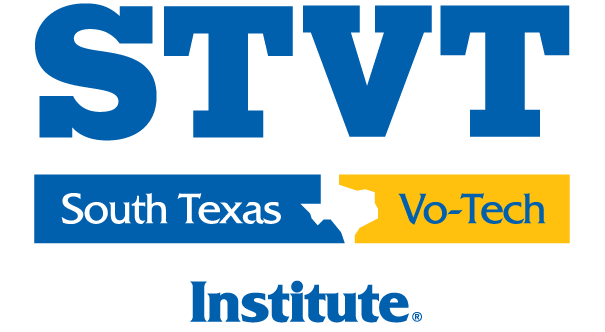Key Takeaways
- Most students complete HVAC technician training in 6 to 18 months, depending on the program type.
- HVAC careers typically require certification and hands-on experience, not a four-year degree.
- Programs like STVT’s help students prepare for EPA Section 608 and other certifications.
- Faster programs can offer quicker career entry, while longer ones offer broader skills or credentials.
- Demand for HVAC techs is strong in 2025 and beyond, according to the Bureau of Labor Statistics, with growing opportunities for skilled workers.
How Fast Can You Train To Be an HVAC Technician?
If you’re considering a career in HVAC (Heating, Ventilation, and Air Conditioning), one of your first questions is likely, “How long will it take to start working?”
The good news: HVAC can be one of the fastest career paths in the skilled trades. You can complete your training and start working in under two years, sometimes even faster.
This guide breaks down the training timeline, certification path, and how to choose the right program for your goals.
Quick Overview: HVAC Training Time by Path
| Training Type | Duration | Best For |
| Certificate Program | 6–12 months | Quick career entry |
| Diploma Program | 9–15 months | Balanced learning and hands-on practice |
| Associate Degree | 18–24 months | Broader education, more long-term options |
| Apprenticeship | 3–5 years | Paid training with long-term commitment |
Each path has pros and cons, but most students pursue certificate or diploma programs to enter the workforce quickly.
Certificate vs. Diploma vs. Degree: What’s the Difference?
Certificate Programs
- Focused training on HVAC systems, tools, and techniques
- Often completed in under a year
- Ideal for those who want to start working quickly
- Often includes prep for EPA Section 608 certification
Diploma Programs
- Includes all certificate training + soft skills or job readiness
- May include electrical, refrigeration, and controls
- Usually takes 9 to 15 months
Associate Degree Programs
- Broader academic coursework in math, science, or business
- Takes 18–24 months
- More expensive but helpful if planning to advance into management or own a business
What Certifications Do You Need?
Most employers expect techs to have:
- EPA Section 608 Certification (required for handling refrigerants)
- Optional credentials: NATE certification or R-410A handling
Many programs include exam prep or on-site testing as part of the curriculum.
What Can You Learn in HVAC Training?
HVAC programs typically cover:
- Electrical theory
- Safety and compliance
- Installation of residential and commercial systems
- Preventative maintenance
- System troubleshooting and repair
- Customer service and job-site professionalism
At STVT, students train in lab settings with real equipment, which can help develop practical, hands-on skills.
HVAC Industry Job Outlook in 2025
The HVAC industry is expected to grow by 9% between 2023 and 2033, according to the Bureau of Labor Statistics, with 40,100+ new jobs added over the next decade.
As energy efficiency regulations increase and older systems are replaced, skilled HVAC technicians will continue to be in high demand.
Why Choose STVT for HVAC Training?
STVT’s HVAC Technician Program is designed to help students:
- Complete training in under a year
- Gain hands-on experience with real HVAC systems
- Prepare for EPA Section 608 certification
- Access career services and job placement assistance – Financial aid is available for those who qualify.
With flexible scheduling, experienced instructors, and industry-aligned curriculum, STVT can help you move from the classroom to the field fast.
FAQs About Becoming an HVAC Tech
Q: Can I work in HVAC without going to college?
A: Yes. Most HVAC techs earn a certificate or diploma, not a college degree.
Q: How fast can I get certified?
A: With full-time training, you can earn EPA certification in as little as 6 months.
Q: Is HVAC hard to learn?
A: It’s hands-on and technical, but very learnable with the right instructors and practice.
Q: Are there night or weekend HVAC training classes?
A: Many HVAC programs (like STVT’s) offer flexible schedules for working adults.
Ready To Start Your HVAC Training?
Learn more about STVT’s HVAC Technician Program by requesting information here.
Disclaimers: Information within this blog is for general information purposes only. South Texas Vocational Technical Institute does not assume or guarantee certification/licensures, specific job/career positions, income earning potential, or salary expectations based on the programs offered at South Texas Vocational Technical Institute. Career and program information statements in this blog do not guarantee that programs or other information mentioned are offered at South Texas Vocational Technical Institute.


